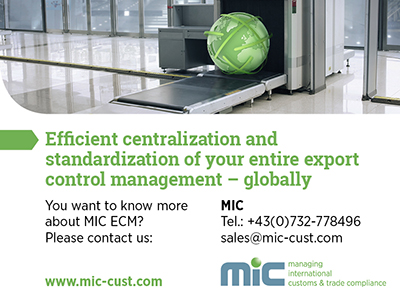Post-clearance audit: two new publications for Customs authorities
14 June 2023
Fraud Detected Through Post-Clearance Audit and Its Techniques
This publication brings together information on various fraud cases discovered though post-clearance audit (PCA) in 2022. It explains how the fraud was committed and how auditors examined information in order to reveal the facts.
The focus is on providing information-gathering techniques (what financial accounts to look at in the accounting books, what business documents to check in the taxpayer’s office and what questions to ask taxpayers in order to obtain information), and on information analysis techniques (what elements of Customs, Tax and other agencies’ information are compared, and how to process, calculate and analyse the data).
The publication does not include cases involving errors/negligence, i.e. cases which are not fraud committed with a view to obtaining undue profits. By way of example, in the area of Customs valuation, omitting to add assists, commissions and royalty payments is a common error, but this is not dealt with here. Customs officers who would like to learn how PCA can reveal such errors may wish to read the guide entitled How to Audit.
Finally, the publication is not a collection of investigation techniques. In the case of irregularities serious enough to warrant criminal rather than administrative penalties, the Criminal Investigation Division should take action. Instead, the publication presents cases of administrative control uncovering, at a preliminary stage, irregularities leading to a criminal investigation. A “soft” approach of this kind opens the door for Customs to increase its detection of fraud, and it is essential to have such an approach in place, separately from criminal investigations.
Common Audit Questionnaire
An audit questionnaire is often used by auditors to identify risk areas within a trader’s business as part of their preparations for conducting an audit. The Secretariat has therefore developed a common questionnaire on the basis of national audit questionnaires, with contributions by some WCO Member Customs administrations.
More information

